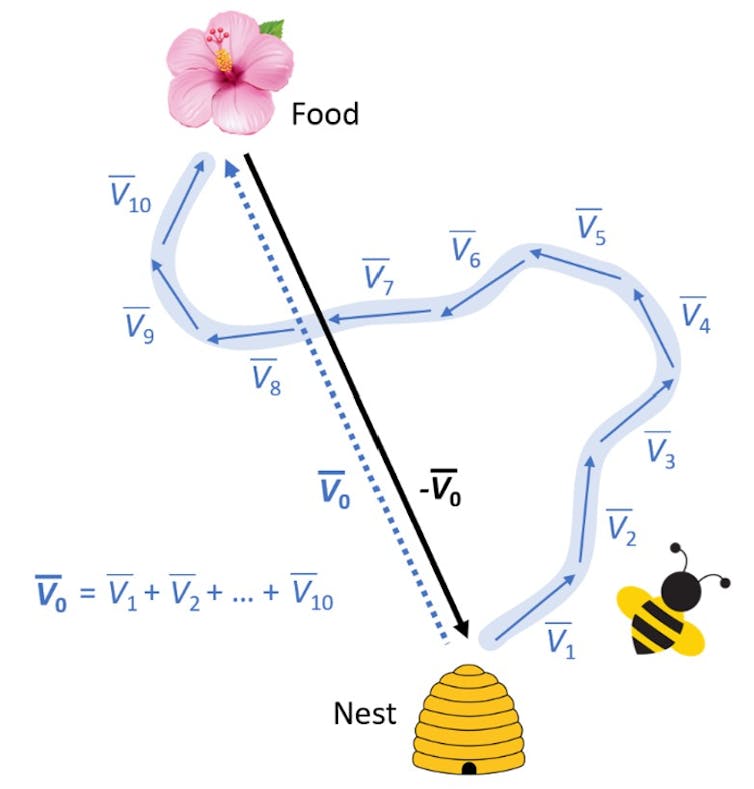Randolph Grace’s (Professor of Psychology, University of Canterbury, England) August 14, 2023 essay for The Conversation delves into an interesting question,
…
Why have humans invented the same arithmetic, over and over again? Could arithmetic be a universal truth waiting to be discovered?
…
The point is made (from Grace’s August 14, 2023 essay), Note: A link has been removed,
…
Humans have been making symbols for numbers for more than 5,500 years. More than 100 distinct notation systems are known to have been used by different civilisations, including Babylonian, Egyptian, Etruscan, Mayan and Khmer.
The remarkable fact is that despite the great diversity of symbols and cultures, all are based on addition and multiplication. For example, in our familiar Hindu-Arabic numerals: 1,434 = (1 x 1000) + (4 x 100) + (3 x 10) + (4 x 1).
Why have humans invented the same arithmetic, over and over again? Could arithmetic be a universal truth waiting to be discovered?
…
Grace describes a biological phenomenon to support his proposal (from Grace’s August 14, 2023 essay), Note: Links have been removed,
Bees provide a clue
We proposed a new approach based on the assumption that arithmetic has a biological origin.
Many non-human species, including insects, show an ability for spatial navigation which seems to require the equivalent of algebraic computation. For example, bees can take a meandering journey to find nectar but then return by the most direct route, as if they can calculate the direction and distance home.

How their miniature brain (about 960,000 neurons) achieves this is unknown. These calculations might be the non-symbolic precursors of addition and multiplication, honed by natural selection as the optimal solution for navigation.
Arithmetic may be based on biology and special in some way because of evolution’s fine-tuning.
…
He goes on to describe how he and his colleagues tested their hypothesis (read the essay) and concludes with this (from Grace’s August 14, 2023 essay), Note: A link has been removed,
Although this structure [how our perception is structured] is shared with other animals, only humans have invented mathematics. It is humanity’s most intimate creation, a realisation in symbols of the fundamental nature and creativity of the mind.
In this sense, mathematics is both invented (uniquely human) and discovered (biologically-based). The seemingly miraculous success of mathematics in the physical sciences hints that our mind and the world are not separate, but part of a common unity.
The arc of mathematics and science points toward non-dualism, a philosophical concept that describes how the mind and the universe as a whole are connected, and that any sense of separation is an illusion. This is consistent with many spiritual traditions (Taoism, Buddhism) and Indigenous knowledge systems such as mātauranga Māori.
Here’s a link to (or PDF for Grace’s paper) and a citation for the paper,
The Psychological Scaffolding of Arithmetic by Matt Grice, Simon Kemp, Nicola J. Morton, Randolph C. Grace. Psychological Review DOI: https://doi.org/10.1037/rev0000431 Advance online publication June 26, 2023
This paper is open access.